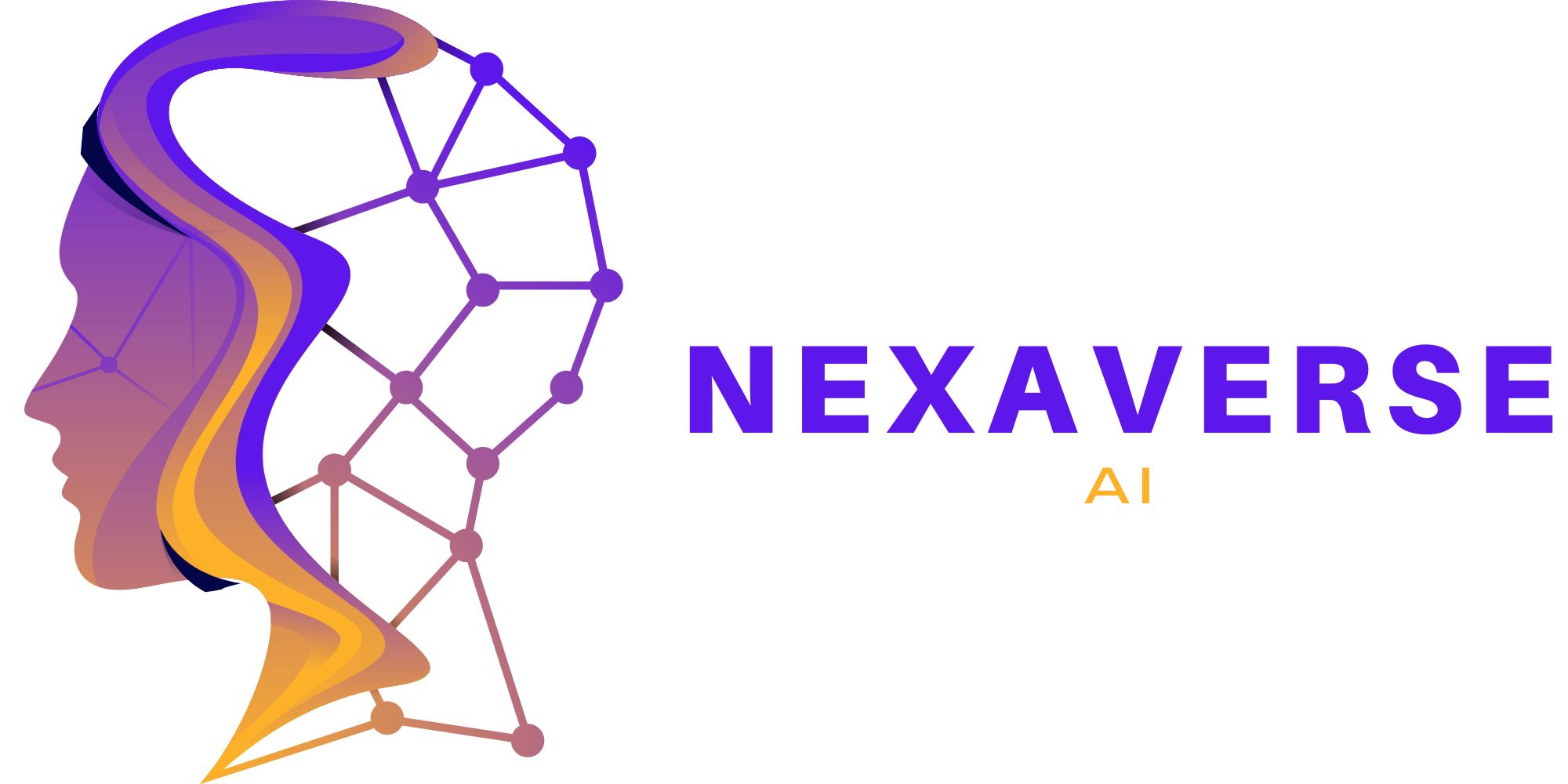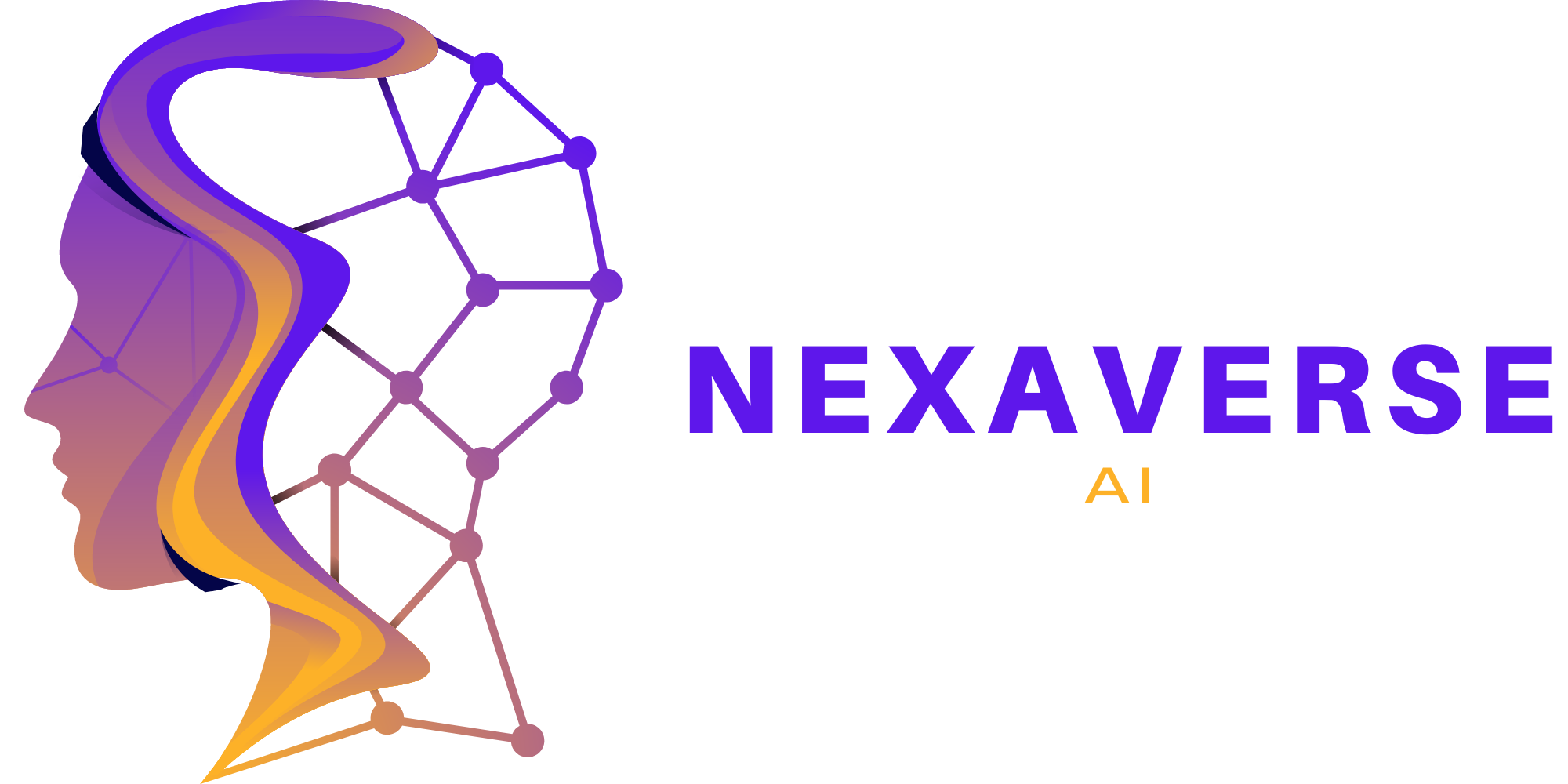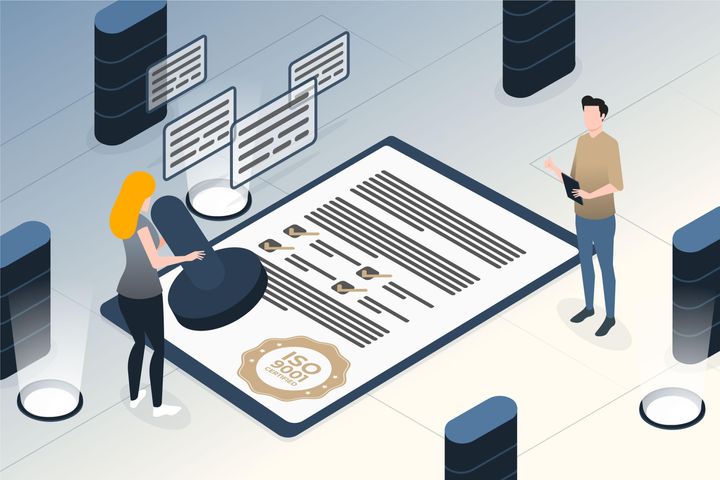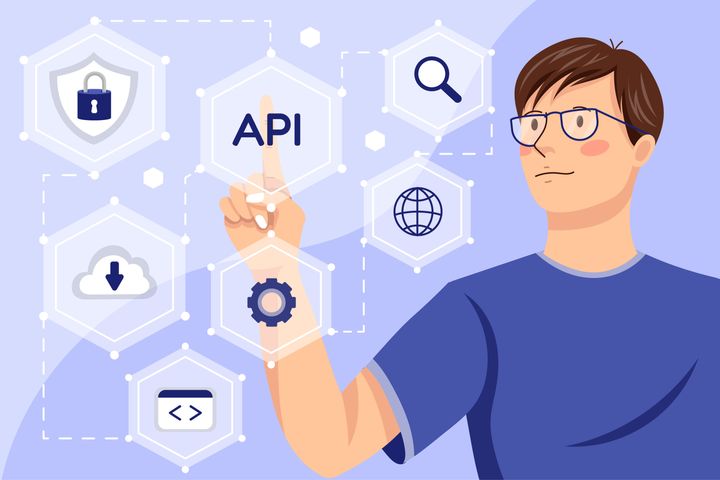API Economy: Exploring the Business Opportunities and Challenges
Discover the opportunities and challenges in the API economy. Unleash the power of APIs to drive innovation, enhance customer experiences, and create new revenue streams.

Unleashing the Potential of APIs in the Digital Age
In today's rapidly evolving digital landscape, APIs have become the backbone of modern businesses. From startups to enterprises, organizations of all sizes are leveraging APIs to drive innovation, enhance customer experiences, and streamline operations. The API economy has opened up a world of opportunities, enabling businesses to tap into a vast ecosystem of services, data, and functionalities. However, with great opportunities come significant challenges. In this comprehensive guide, we will dive deep into the API economy, exploring the immense potential it offers, and the hurdles businesses must overcome to thrive in this dynamic environment.
Unlocking New Business Horizons with APIs
1. The Rise of the API Economy
The rise of the API economy can be attributed to the increasing demand for seamless integrations, data access, and collaboration among businesses. APIs provide a standardized way for different systems, applications, and platforms to communicate and exchange information. This has revolutionized the way businesses operate, enabling them to connect with partners, extend services to third-party developers, and create new revenue streams. As the digital ecosystem continues to expand, the API economy is expected to grow exponentially, offering unprecedented opportunities for innovation and growth.
2. Driving Business Innovation through APIs
APIs have become a catalyst for business innovation, allowing organizations to leverage external capabilities and resources to enhance their products and services. By opening up their APIs to developers, businesses can foster a thriving ecosystem of third-party integrations, expanding their offerings and reaching new markets. This enables them to tap into the collective creativity and expertise of developers worldwide, fueling innovation and accelerating time-to-market. With APIs, businesses can easily integrate cutting-edge technologies such as AI, machine learning, and blockchain, unlocking endless possibilities for digital transformation.
The API economy empowers businesses to:
- Extend their reach and expand their customer base through third-party integrations
- Foster innovation and accelerate product development
- Monetize their APIs and create new revenue streams
- Enhance customer experiences through seamless integrations
- Access a wealth of data and services through API marketplaces
3. Key Challenges in the API Economy
While the API economy presents immense opportunities, it also poses significant challenges that businesses must navigate. One of the primary concerns is ensuring the security and privacy of data transmitted through APIs. With the increased exposure to external integrations, businesses must implement robust security measures to protect sensitive information. Additionally, managing and governing APIs at scale can be complex, requiring proper documentation, versioning, and monitoring. Furthermore, businesses must navigate the intricacies of API monetization, determining the right pricing models and strategies to maximize revenue while maintaining partner relationships.
4. Strategies for Success in the API Economy
To thrive in the API economy, businesses need to adopt a comprehensive approach that addresses both the opportunities and challenges. Here are some key strategies to consider:
- Prioritize security and privacy to build trust with partners and customers
- Develop a well-documented and user-friendly API developer portal
- Implement robust governance and monitoring mechanisms for APIs
- Foster a strong developer community to drive innovation and collaboration
- Continuously iterate and improve APIs based on feedback and market demands
5. Real-world Examples of API Success Stories
To better understand the potential of the API economy, let's explore some real-world examples of businesses that have successfully leveraged APIs:
- Twilio: Enabling developers to integrate voice, messaging, and video capabilities into their applications
- Stripe: Offering a seamless payment infrastructure for e-commerce platforms and businesses
- Salesforce: Providing a robust CRM platform with extensive APIs for integration and customization
- Google Maps: Allowing developers to embed maps and geolocation services into their applications
- Shopify: Empowering businesses to build and customize their own e-commerce stores using APIs
6. Conclusion
The API economy has ushered in a new era of digital transformation, offering unprecedented opportunities for businesses to innovate, collaborate, and grow. By embracing APIs, organizations can tap into a vast ecosystem of services, data, and functionalities, enhancing their products, reaching new customers, and driving business success. However, navigating the API economy requires careful consideration of security, governance, and monetization strategies. By adopting a holistic approach and continuously iterating on APIs, businesses can stay ahead in this dynamic landscape and unlock the full potential of the API economy.
The API economy presents a world of opportunities for businesses willing to embrace the power of APIs. By leveraging external capabilities and resources, organizations can drive innovation, enhance customer experiences, and create new revenue streams. However, it is crucial to address the challenges associated with security, governance, and monetization to ensure long-term success. As the API economy continues to evolve, businesses must stay agile, continuously adapting and improving their API strategies to stay ahead of the curve.
Frequently Asked Questions (FAQs)
Q. What is the API economy?
A. The API economy refers to the ecosystem of APIs and the business opportunities it presents. It allows businesses to leverage APIs to integrate with other systems, extend services to developers, and create new revenue streams.
Q. What are the benefits of the API economy?
A. The API economy enables businesses to extend their reach, foster innovation, monetize their APIs, enhance customer experiences, and access a wide range of data and services through API marketplaces.
Q. What are the challenges in the API economy?
A. Challenges in the API economy include ensuring data security and privacy, managing and governing APIs at scale, and determining the right pricing models and strategies for API monetization.
Q. How can businesses succeed in the API economy?
A. To succeed in the API economy, businesses should prioritize security, develop user-friendly API developer portals, implement robust governance and monitoring mechanisms, foster developer communities, and continuously iterate and improve their APIs based on feedback and market demands.
Q. Can you provide examples of successful API implementations?
A. Some successful examples of API implementations include Twilio for voice and messaging capabilities, Stripe for seamless payments, Salesforce for CRM integration, Google Maps for geolocation services, and Shopify for customizable e-commerce stores.




